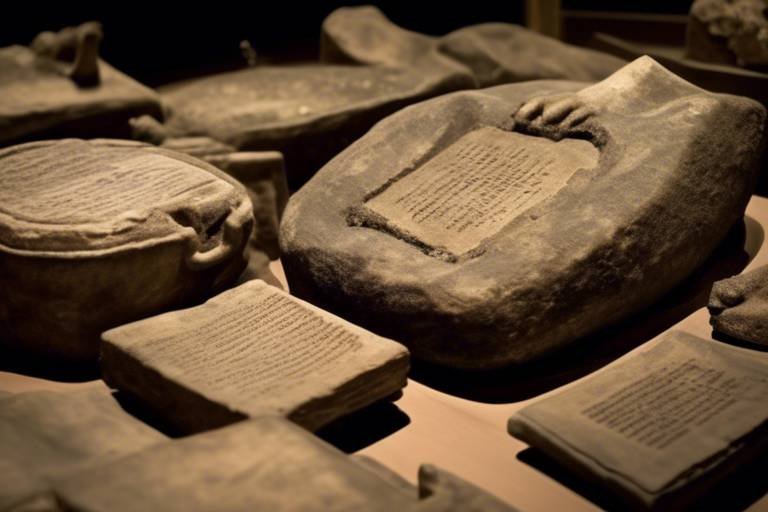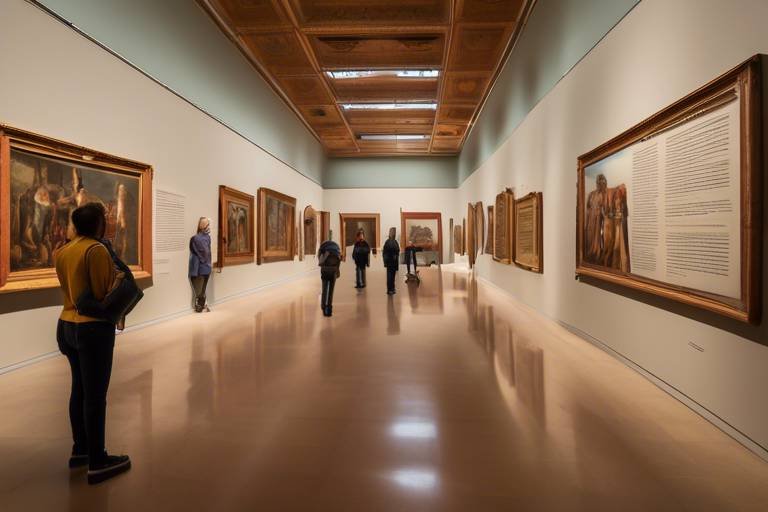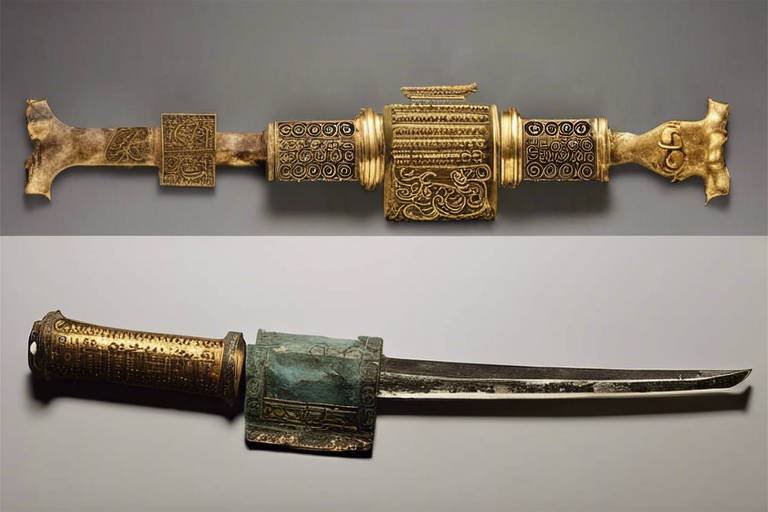How Archaeological Discoveries Influence National Narratives
Archaeological discoveries have a profound impact on shaping the narratives that define a nation's identity and history. These findings unearth the secrets of ancient civilizations, offering a window into the past that influences how countries perceive themselves and their place in the world.
When archaeologists excavate ancient sites, they unearth remnants of past civilizations, revealing technological advancements, social structures, and cultural exchanges that have long been buried beneath the earth's surface. These discoveries provide invaluable insights into a nation's historical roots, allowing us to piece together the puzzle of our collective past.
Moreover, archaeological evidence often challenges or confirms the historical events documented in texts, presenting a more nuanced perspective on the past. By validating or debunking historical accounts, these findings shape how nations interpret and present their history to the world, influencing the narratives that define their identity.
Preservation of cultural heritage through the discovery and protection of artifacts and monuments is crucial in maintaining a connection between present-day populations and their ancestors. These efforts not only safeguard a nation's traditions but also foster a sense of national pride and belonging, strengthening the fabric of society.
Colonial narratives that have long dominated national identities can be contested and redefined through archaeological findings that bring to light suppressed or marginalized histories. By uncovering diverse perspectives, these discoveries prompt nations to reassess their collective stories, paving the way for a more inclusive and accurate representation of the past.
Studying archaeological landscapes offers a glimpse into how ancient societies interacted with their surroundings, constructing symbolic spaces that hold deep meaning. Understanding these connections enables nations to craft narratives that highlight their unique relationship with the land, shaping the way they perceive their place in the world.
In regions marked by historical disputes, archaeological research serves as neutral ground, providing empirical evidence to settle conflicts over territorial claims and cultural ownership. By offering concrete data, these discoveries facilitate mutual understanding and reconciliation, laying the groundwork for peaceful coexistence.
Collaboration with indigenous communities in archaeological endeavors allows for the integration of their oral histories and traditional knowledge into national narratives. By honoring and valuing indigenous perspectives, countries can create more authentic and inclusive stories of their past, enriching the tapestry of their cultural heritage.
The insights gleaned from archaeological discoveries not only shape how nations view their past but also influence the construction of future narratives. By incorporating these findings into policies, educational curricula, and cultural representations, countries can develop a more informed and reflective national identity that resonates with both the present and the future.

Unearthing Ancient Civilizations
Archaeological discoveries play a crucial role in shaping national narratives by providing insights into a country's history, culture, and identity. This article explores the impact of such discoveries on the construction and revision of national stories.
Excavations of ancient sites reveal the existence of past civilizations, shedding light on their technological advancements, social structures, and interactions with other cultures. These findings contribute to a deeper understanding of a nation's historical roots.
Archaeologists meticulously unearth remnants of ancient civilizations, piecing together fragments of pottery, tools, and architectural structures. Through these discoveries, the once-silent ruins speak volumes about the ingenuity and daily lives of our ancestors. Imagine walking through the excavation site, feeling the connection to those who walked the same paths centuries ago. It's like solving a historical puzzle, with each artifact adding a new piece to the narrative of our past.
Moreover, the exploration of ancient civilizations provides a window into the past societies' social hierarchies, trade networks, and cultural practices. The intricate details uncovered in burial sites or city layouts offer a glimpse into how these civilizations thrived and interacted with neighboring cultures. It's akin to unraveling a mystery novel, where each chapter reveals more about the characters and their world, painting a vivid picture of life in ancient times.
By unearthing ancient civilizations, we not only unearth artifacts but also unearth stories of resilience, innovation, and human connection. These discoveries not only enrich our understanding of the past but also shape how we perceive ourselves in the present, grounding us in a shared heritage that transcends time and borders.
- How do archaeological discoveries impact national narratives?
- Why are ancient civilizations important to study?
- How do archaeological findings contribute to resolving historical disputes?
Archaeological discoveries provide tangible evidence of a nation's history, influencing how its stories are constructed and revised over time. By uncovering artifacts and ancient sites, nations can connect with their past and shape their identity.
Studying ancient civilizations offers insights into the development of human societies, technological advancements, cultural practices, and interactions between different cultures. It helps us understand our roots and how past civilizations have contributed to shaping the world we live in today.
Archaeological research provides empirical data that can help resolve conflicts over territorial claims or cultural ownership. By presenting neutral evidence from the past, these findings offer a basis for mutual understanding and reconciliation among nations.
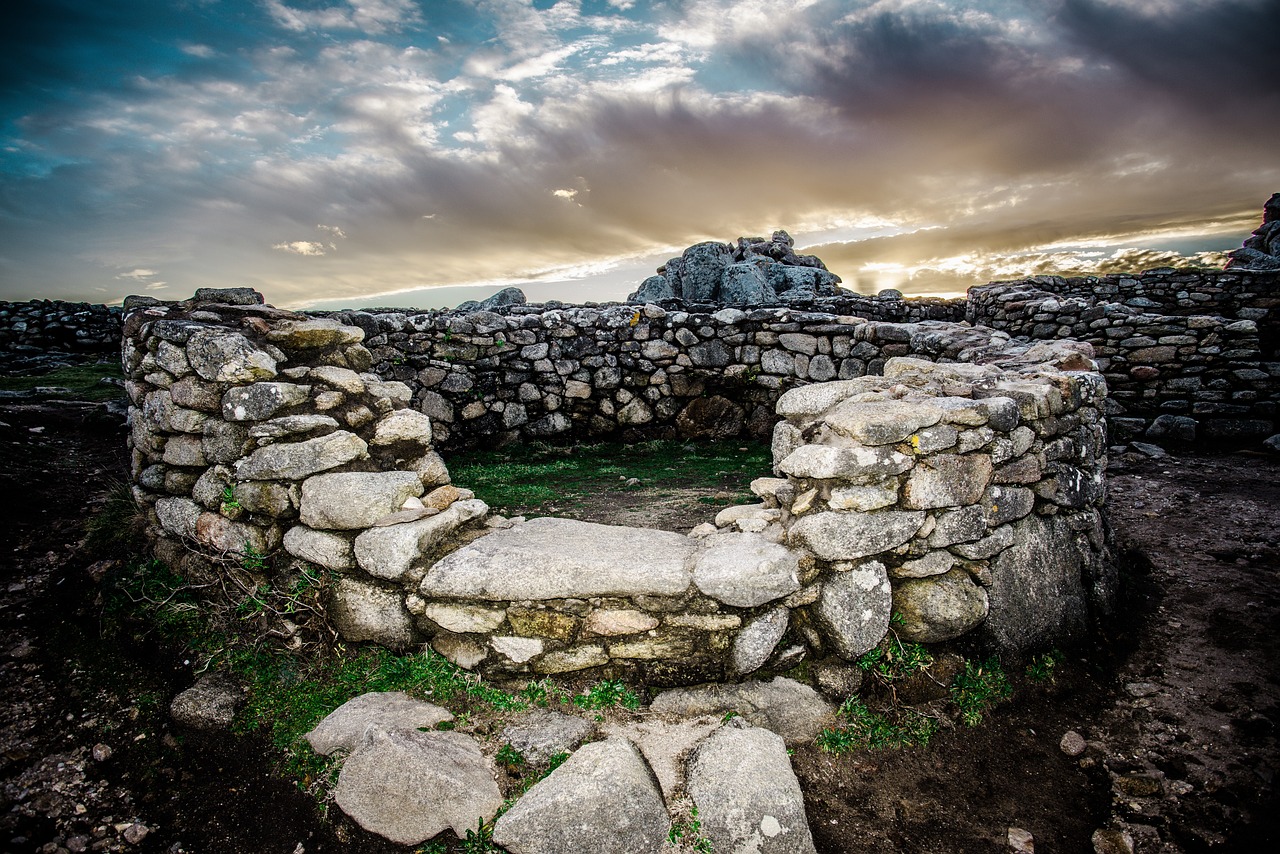
Revisiting Historical Events
When archaeologists unearth remnants of past civilizations, they often stumble upon artifacts and structures that challenge or confirm historical events documented in texts. These discoveries provide a fresh lens through which nations can reexamine their historical narratives. Imagine a scenario where a long-standing historical account is suddenly called into question by a single archaeological find—a pottery shard, a piece of jewelry, or even a forgotten inscription. Such revelations have the power to reshape our understanding of the past and prompt us to ask new questions about the events that shaped our present reality.
By delving into the layers of history buried beneath the earth's surface, archaeologists not only unearth objects but also unravel stories long forgotten or deliberately obscured. These stories, once brought to light, can challenge established narratives, forcing nations to confront the complexities of their past. The interplay between archaeological evidence and historical records creates a dialogue that enriches our collective memory and deepens our appreciation for the intricacies of human experience.
Moreover, the process of revisiting historical events through archaeological discoveries invites us to reassess the accuracy and completeness of our historical knowledge. It prompts us to consider the perspectives of those whose voices may have been marginalized or silenced in traditional accounts. As we piece together fragments of the past, we are reminded that history is not a fixed narrative but a tapestry woven from multiple threads of experience, interpretation, and memory.

Preserving Cultural Heritage
Preserving Cultural Heritage is a fundamental aspect of archaeological discoveries, as it involves safeguarding artifacts and monuments that hold immense historical and cultural significance. These tangible remains serve as links between present-day communities and their ancestors, providing a sense of continuity and connection to the past. By preserving cultural heritage, nations can ensure that future generations have access to valuable insights into their heritage and traditions.
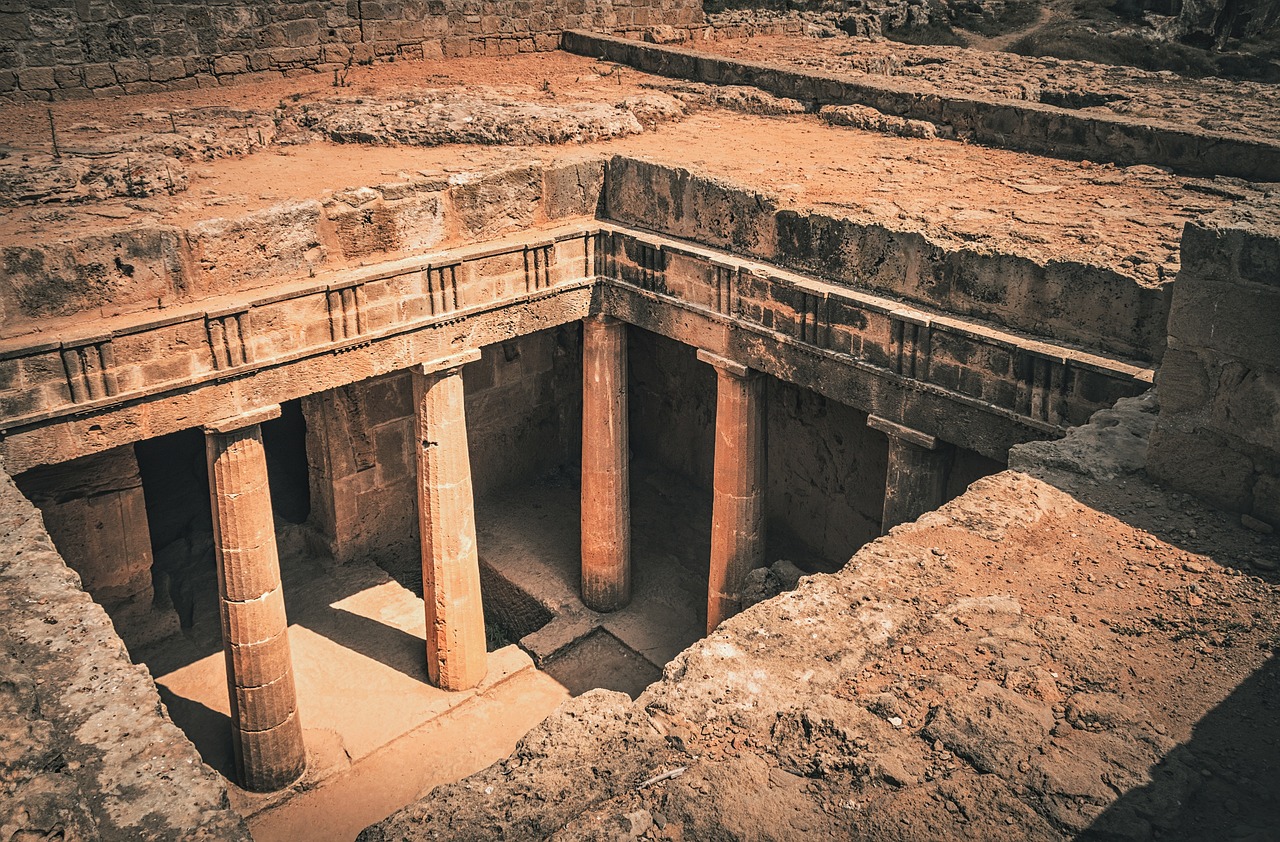
Contesting Colonial Narratives
Contesting Colonial Narratives involves uncovering buried truths that challenge the dominant historical accounts shaped by colonial powers. Through archaeological excavations, hidden stories emerge, shedding light on the experiences of indigenous populations often silenced by colonial narratives. These discoveries serve as a powerful tool in reevaluating the past and acknowledging the complexities of colonization.
By unearthing artifacts and examining historical sites, archaeologists provide tangible evidence that contradicts the sanitized versions of history propagated by colonial rulers. These findings disrupt the linear and often biased narratives that have long dominated national discourse, forcing societies to confront uncomfortable truths and reckon with the legacies of colonialism.
Furthermore, the excavation of sites once deemed insignificant by colonial powers amplifies the voices of marginalized communities and reclaims their agency in shaping their own narratives. The reinterpretation of these spaces challenges the glorification of colonial conquests and exposes the atrocities committed in the name of empire.
Archaeological discoveries not only contest colonial narratives but also offer a platform for reconciliation and healing. By acknowledging the injustices of the past and amplifying suppressed histories, nations can begin the process of healing collective traumas and forging a more inclusive national identity rooted in truth and justice.
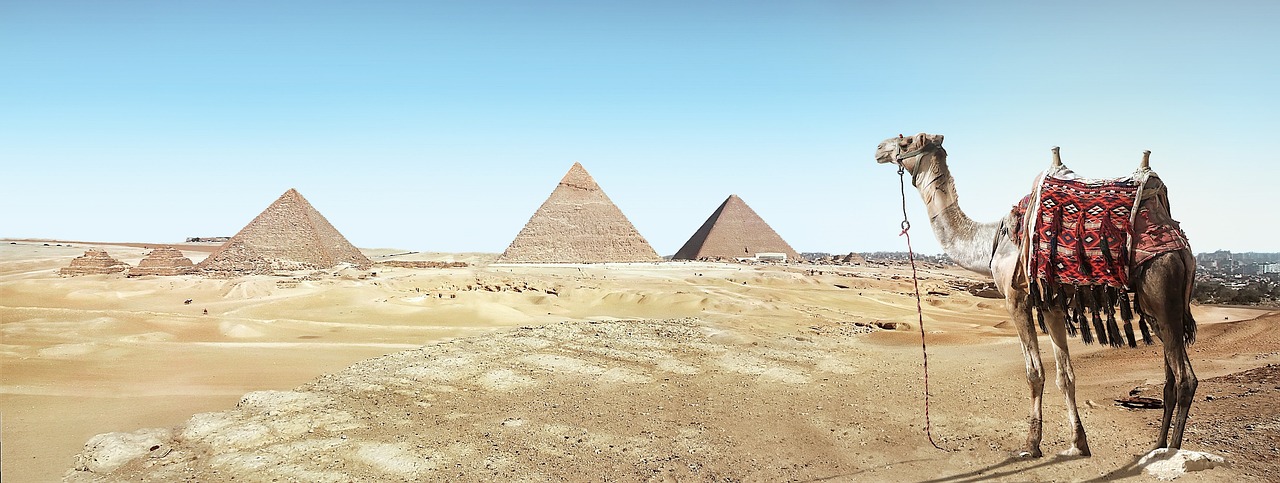
Interpreting Symbolic Landscapes
Interpreting Symbolic Landscapes involves delving into the intricate relationship between ancient societies and the environments they inhabited. By studying archaeological landscapes, researchers uncover how past civilizations interacted with nature, constructed sacred spaces, and imbued certain locations with symbolic meanings. These findings offer a unique glimpse into the cultural beliefs and practices of bygone eras, providing valuable insights into the spiritual, social, and economic dynamics of ancient communities.
One fascinating aspect of interpreting symbolic landscapes is the discovery of ancient monuments, such as temples, burial sites, and ritual spaces, that reflect the spiritual significance attributed to specific geographical features. These structures not only serve as architectural marvels but also as tangible expressions of the beliefs and values held by past societies. By analyzing the spatial layout and orientation of these monuments, archaeologists can unravel the symbolic language encoded in the landscape, shedding light on the religious rituals, cosmological beliefs, and societal hierarchies of ancient cultures.
Moreover, the study of symbolic landscapes extends beyond physical structures to encompass the natural environment itself. Ancient civilizations often assigned symbolic meanings to natural features such as mountains, rivers, and caves, viewing them as sacred spaces imbued with spiritual power. By examining the placement of settlements, agricultural practices, and artistic representations in relation to these natural landmarks, researchers can reconstruct the worldview of ancient peoples and understand how they perceived and interacted with the world around them.
Interpreting symbolic landscapes also involves deciphering the visual language of ancient art and iconography found in archaeological sites. From intricate petroglyphs to elaborate murals, these artistic expressions provide clues to the cultural beliefs, mythologies, and social structures of past societies. By analyzing the motifs, symbols, and stylistic elements present in these artworks, researchers can piece together the narrative of a civilization's symbolic landscape, uncovering hidden meanings and connections that offer a deeper understanding of its cultural identity.
In essence, the interpretation of symbolic landscapes allows us to glimpse into the minds of our ancestors, unraveling the mysteries of their worldviews and belief systems. By exploring the symbolic significance of ancient sites and artifacts, we not only enrich our knowledge of the past but also gain a greater appreciation for the diversity and complexity of human cultures throughout history.

Resolving Historical Disputes
Resolving historical disputes through archaeological research is a fascinating process that involves uncovering tangible evidence to address long-standing controversies. By delving into the past through excavations and analysis, archaeologists can provide valuable insights that help resolve conflicts over territorial claims and cultural ownership. These findings serve as neutral ground for disputing parties, offering concrete data that can guide discussions and negotiations towards mutual understanding and reconciliation.
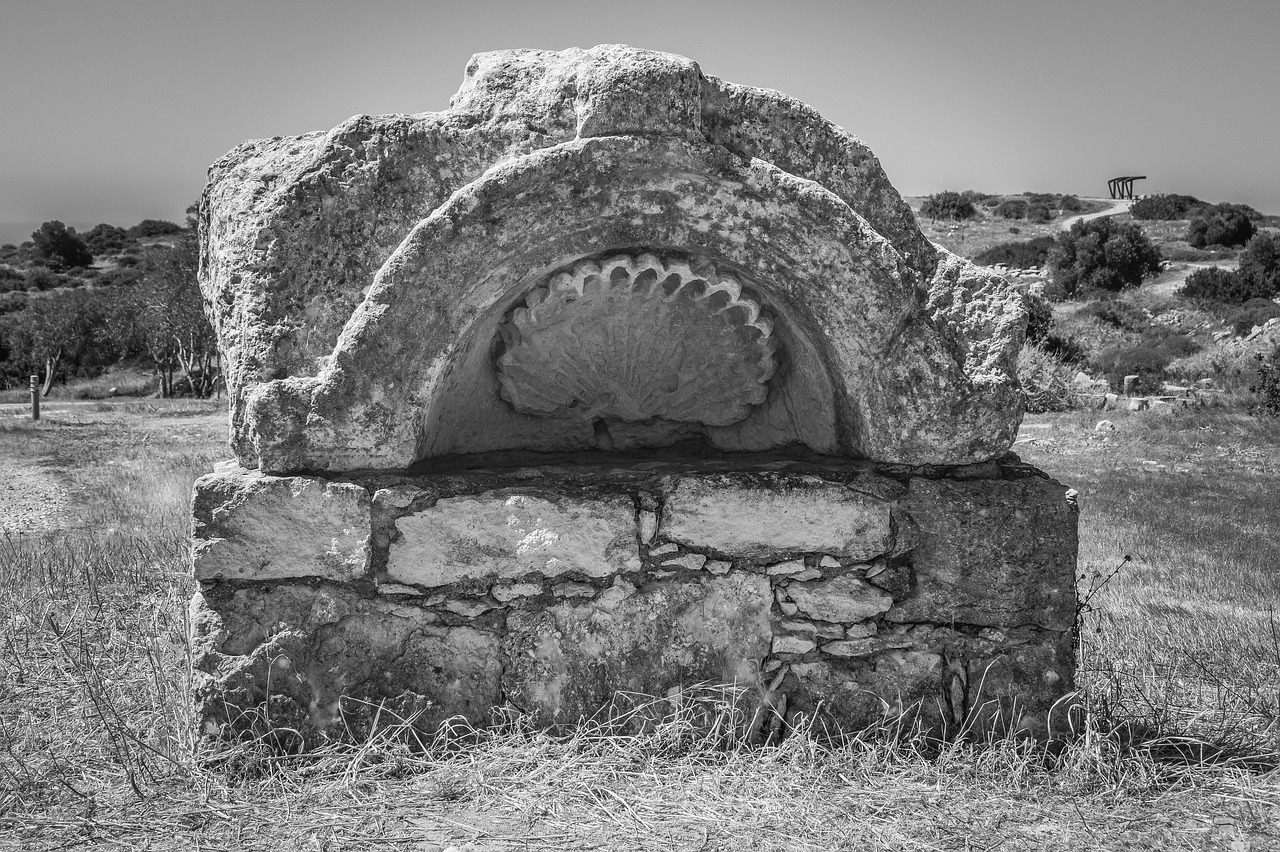
Engaging with Indigenous Perspectives
When it comes to understanding a nation's history, it is essential to engage with indigenous perspectives. Collaborating with indigenous communities in archaeological endeavors not only enriches the narrative but also brings forth a more holistic and inclusive representation of the past. By incorporating the oral histories and traditional knowledge of indigenous peoples, nations can bridge the gap between academic research and lived experiences.
Through respectful partnerships with indigenous communities, archaeologists can gain valuable insights that may have been overlooked or misrepresented in mainstream historical accounts. This collaboration allows for a more nuanced interpretation of archaeological findings, offering a deeper understanding of the cultural significance of artifacts and sites.
Moreover, by acknowledging and valuing indigenous perspectives, nations demonstrate a commitment to diversity and cultural heritage preservation. This approach fosters mutual respect and understanding, paving the way for a more inclusive and authentic portrayal of a country's past. It also serves as a form of reconciliation for past injustices and marginalization.
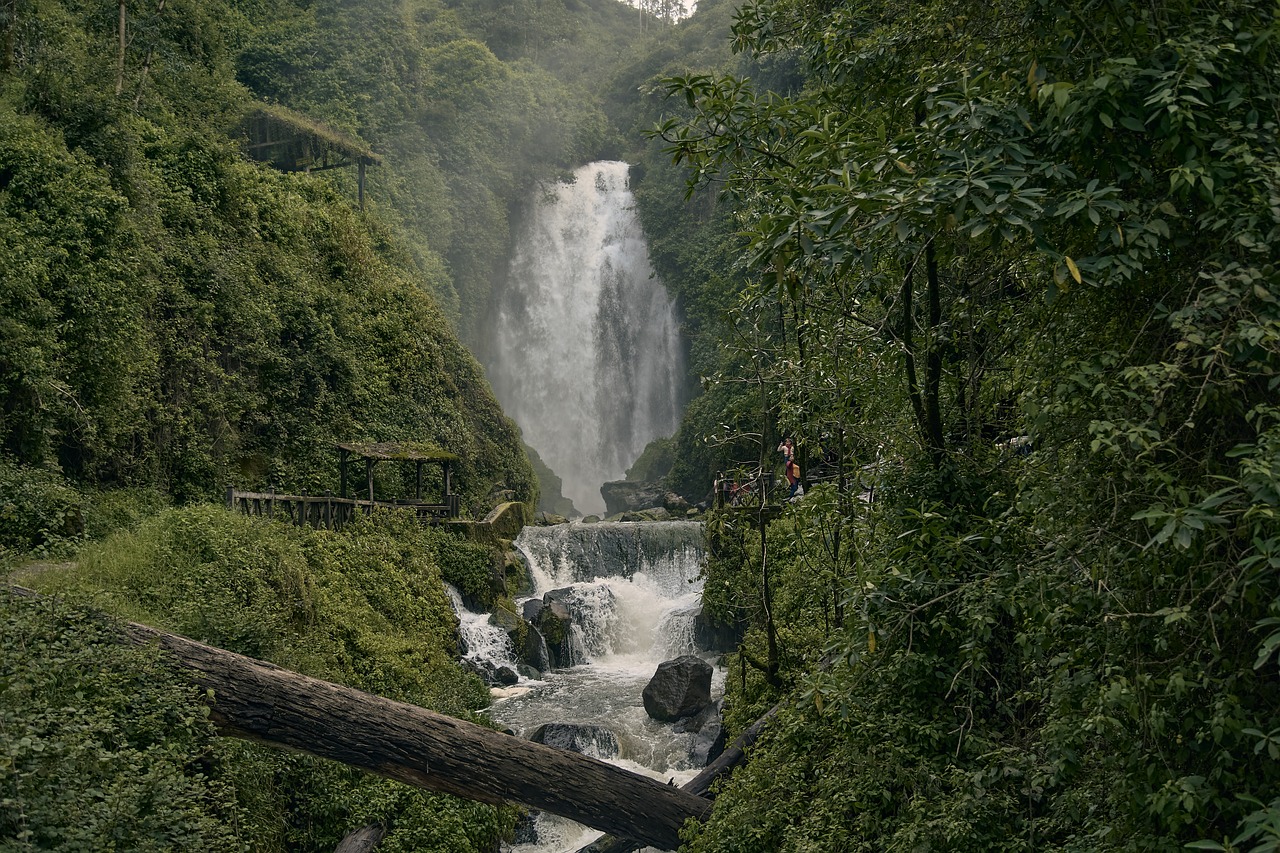
Shaping Future Narratives
When it comes to , archaeological discoveries play a pivotal role in guiding nations towards a more informed and reflective understanding of their identity. These insights gleaned from excavations and research not only inform historical accounts but also influence the trajectory of a country's cultural evolution. By integrating the lessons learned from the past, nations can craft narratives that resonate with their present realities and aspirations.
Imagine these archaeological findings as pieces of a puzzle, each contributing to the larger picture of a nation's story. Just as a painter carefully selects colors to create a masterpiece, countries can use these discoveries to paint a vivid portrait of their past, present, and future. The intricate details unearthed from ancient sites serve as brushstrokes that shape the narrative canvas, allowing for a more nuanced and comprehensive representation of a nation's heritage.
Moreover, the impact of archaeological discoveries extends beyond mere storytelling; it influences policy-making, educational frameworks, and cultural representations. Like a compass guiding a ship through uncharted waters, these findings provide direction for nations navigating the complexities of modern challenges while staying anchored to their historical roots. By weaving these insights into the fabric of their national identity, countries can navigate the seas of change with a steady hand and a clear vision.
Frequently Asked Questions
- How do archaeological discoveries impact national narratives?
Archaeological discoveries influence national narratives by providing insights into a country's history, culture, and identity. They shape the construction and revision of national stories by unearthing ancient civilizations, revisiting historical events, preserving cultural heritage, contesting colonial narratives, interpreting symbolic landscapes, resolving historical disputes, engaging with indigenous perspectives, and shaping future narratives.
- What role do excavations of ancient sites play in shaping national identity?
Excavations of ancient sites reveal past civilizations' existence, technological advancements, social structures, and interactions with other cultures. These findings contribute to a deeper understanding of a nation's historical roots and help connect present-day populations to their ancestors and traditions, fostering national pride and identity.
- How do archaeological discoveries contribute to resolving historical disputes?
In regions with contested histories, archaeological research provides neutral evidence to resolve disputes over territorial claims or cultural ownership. By offering empirical data, these discoveries help foster mutual understanding and reconciliation among nations with conflicting historical narratives.



